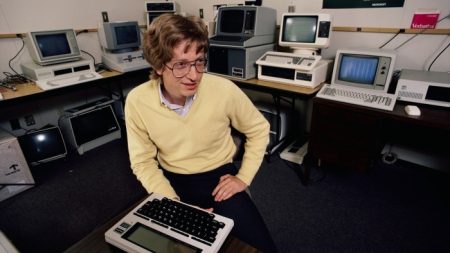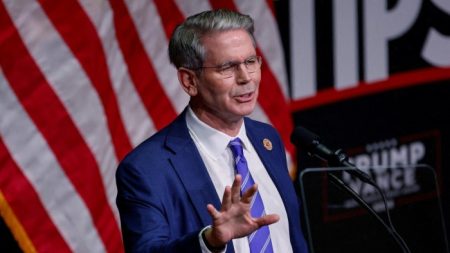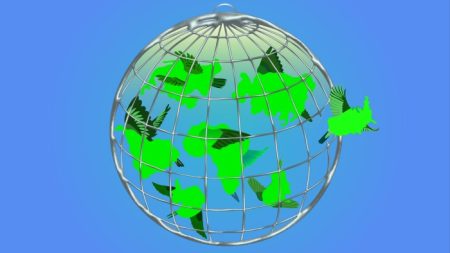If inflation falls to 2% by the end of this year, that means the cost of everything will no longer be going up, right? Wrong. But that’s what the majority of UK residents think, according to a new survey from polling group Survation.
What’s more, almost a third of those surveyed said they think they’ll pay less than they do now.
It’s a common misconception that falling inflation equates to falling prices. But the two don’t always go hand in hand.
Inflation is the rate at which prices for goods and services across an entire economy are rising over a given period of time. When inflation rises, it means you’ll have to spend more money to buy the same goods and services as you used to.
Deflation, in contrast, is when goods and services get cheaper. It means that any money you earn today will stretch even further in the future.
China is one of the few countries that’s on the verge of experiencing deflation. Most other countries are experiencing disinflation.
Disinflation is when the pace of price increases slows.
For instance, goods and services sold in the United States cost 9.1% more last June compared to June 2021. The most recent Consumer Price Index report found that prices rose by 4% compared to last year.
That is to say that goods and services are still more expensive than they were a year ago. But the price increases are smaller than a year ago.
Like many central banks, including the Bank of England and the European Central Bank, the US Federal Reserve is targeting 2% annual inflation. That means global central bankers don’t actually want goods and services to get cheaper. Instead, they want prices to go up a bit more each year so that people don’t delay purchases that helps grow the economy.
Deflation is in many ways more dangerous than inflation.
If you think prices will go down in the future, you’re probably going to delay making a lot of purchases today. When many people start to think that way, people spend a lot less money. That causes employers to lay off workers and can put an economy into a recession.
It’s also a lot harder for central banks to get an economy to grow if it slips into a period of deflation versus inflation.
Japan infamously had a period dubbed “the lost decade” from 1991 to 2001, when its economy continued to shrink as it experienced deflation. It took subsequent decades of stimulative measures to reintroduce inflation to help grow the economy.
In contrast, in the United States, it has taken the Fed roughly a year to get inflation down to a level that is still double its target rate by raising interest rates.
Read the full article here













